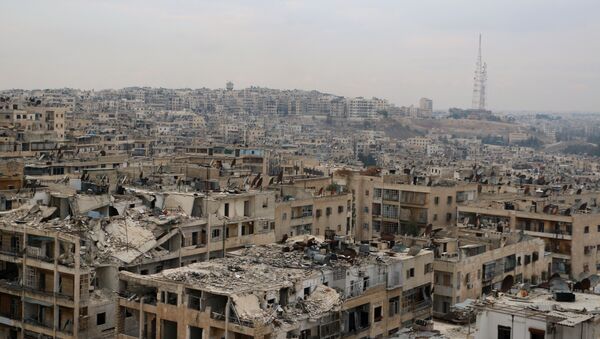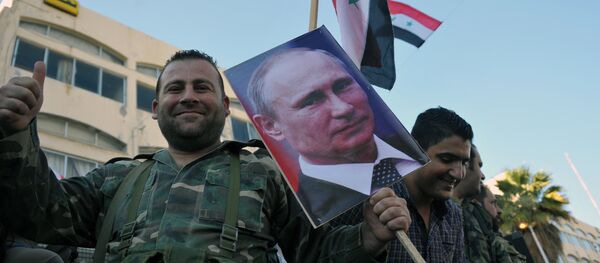The ceasefire pact does not apply to the two radical Islamist groups, Islamic State (ISIL) and the Nusra Front, which are banned in many countries including Russia.
"I doubt very much whether this ceasefire can be effective since these two groups are very significant and they are actually the stronger element within the camp of the rebels," Tel Aviv University expert on Syria Eyal Zisser told Sputnik.
According to Zisser, the agreement does not specify details on how to guarantee ceasefire even in the areas that are under control of smaller rebel groups.
"I am afraid it is impossible to implement the ceasefire in most parts of Syria," he concluded, adding that only less than 25 percent of the country was under the control of the Syrian government forces.
"If you take Jabhat al-Nusra, Daesh [Arabic name for ISIL] and Ahrar al-Sham out of the picture, I don't see the remaining opposition as a viable partner to Assad in recapturing land from these other groups," Ross Harrison, Georgetown University professor and scholar at the Middle East Institute in Washington, DC.
Harrison said many rebel groups would be reluctant to join forces with Syrian President Bashar Assad. "Right now that would likely have the effect of driving supporters of the opposition into the arms of Daesh," he said.
Syria has been in a state of civil war since 2011, with government forces fighting a range of armed opposition groups, as well as extremist organizations including the Nusra Front and Daesh



